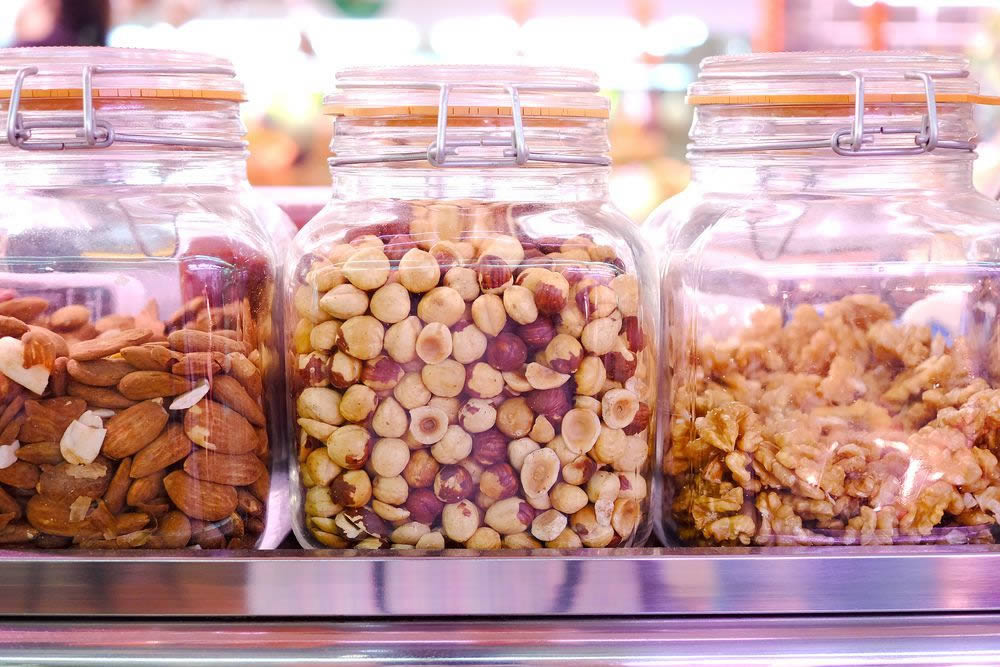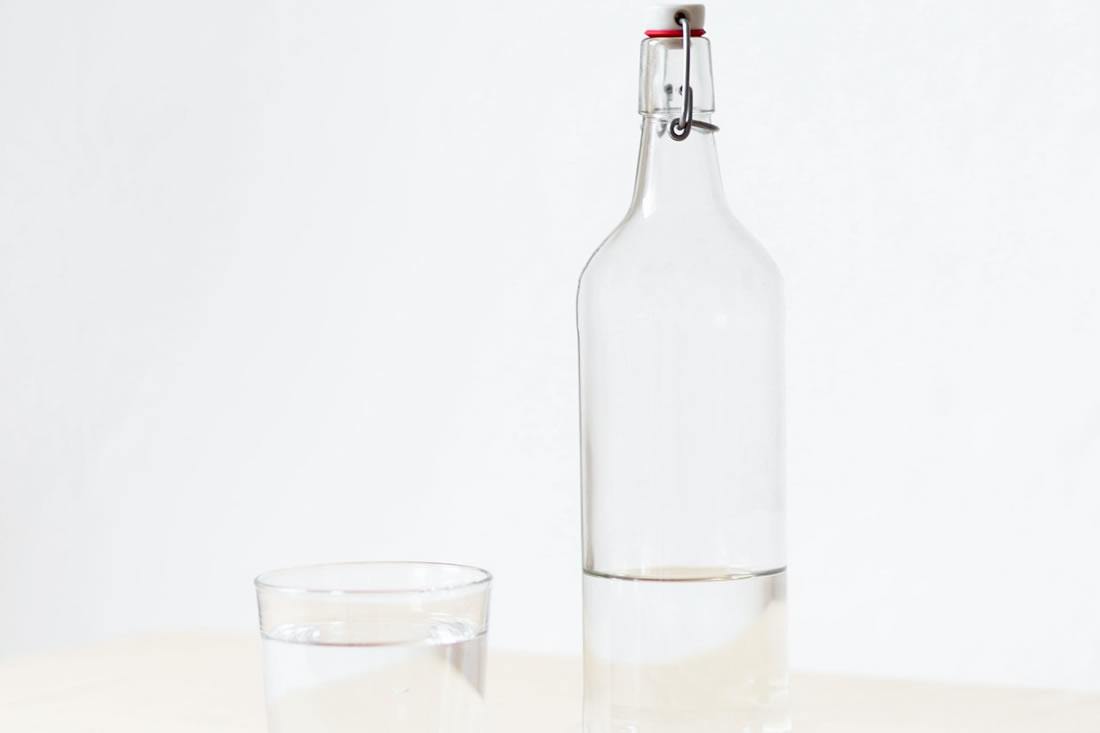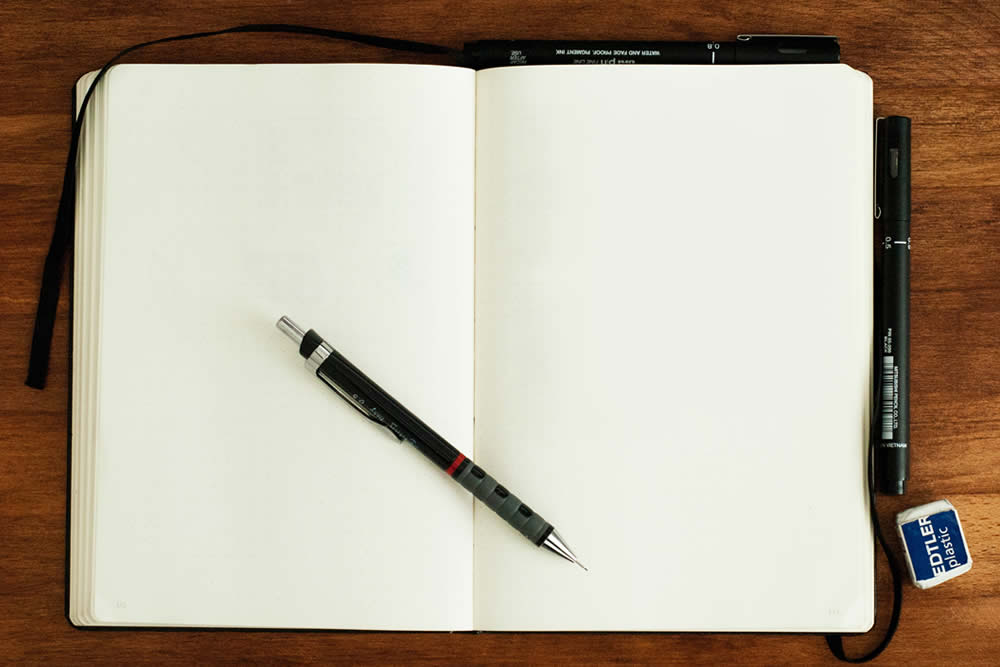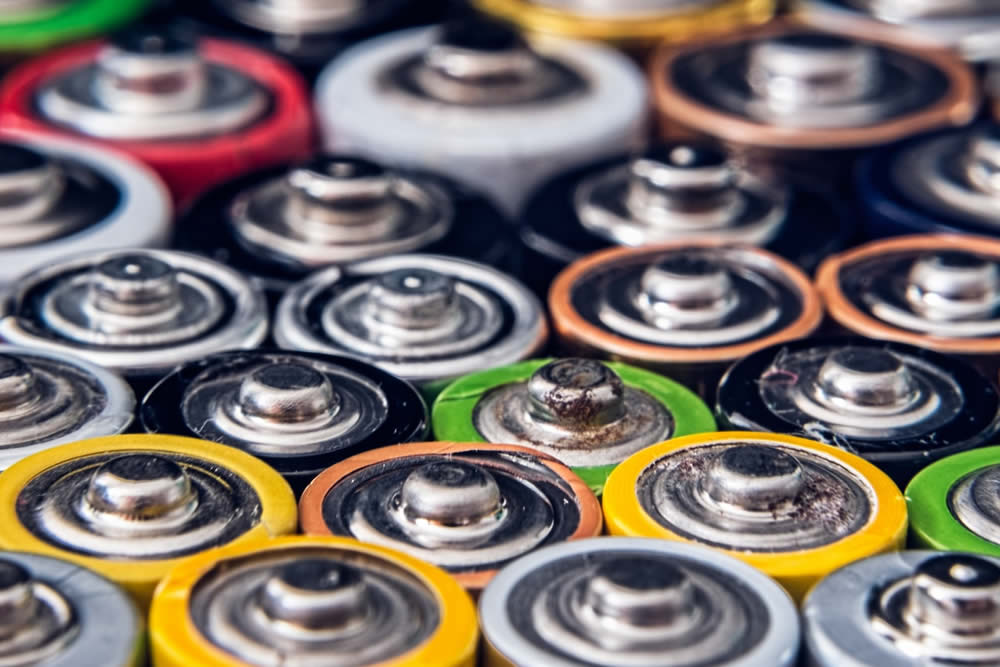Consejos de prevención en casa
Las actividades que realizamos diariamente en nuestro hogar generan una cantidad elevada de residuos. Es muy importante hacer prevención, es decir, evitar la generación de todos los que podamos; promover la reutilización de los productos que aún pueden tener una vida útil, y fomentar el reciclaje de los productos o materiales a los que ya no podamos darles un nuevo uso.
Tomar conciencia de los residuos que generamos en casa es un paso necesario para evitar la mayoría de residuos que producimos en nuestro día a día.
En todo el hogar
Aplicando pequeños cambios en casa, conseguirás prevenir la producción de residuos y a la larga obtendrás un gran ahorro.
- Pon un adhesivo en tu buzón para evitar la publicidad. Lucha contra los residuos de papel.
- Usa bombillas de bajo consumo. Una bombilla de bajo consumo utiliza un 80 % menos de electricidad y dura de seis a ocho veces más.
- Dona los objetos que ya no necesites a entidades que puedan darles una nueva vida o véndelos en espacios de segunda mano.
- Dona la ropa y el calzado que ya no te pongas a asociaciones del tercer sector o a amigos, amigas y familiares que puedan darles una segunda vida o véndelos en mercados de segunda mano.


En la cocina
La cocina es la zona del hogar donde se generan más residuos, sobre todo envases y fracción orgánica.
- Coloca un contenedor para cada fracción (orgánica, envases/reciclables, papel y cartón, vidrio y rechazo). Si no puedes prevenir los residuos, debes separarlos correctamente para que puedan reciclarse.
- Opta por usar productos sostenibles y reutilizables, como trapos de tela en lugar de papel de cocina, o táperes para guardar la comida en lugar de papel film o papel de aluminio. ¡Generan muchos menos residuos!
- Cocina alimentos frescos y comprados a granel: comerás más sano y ahorrarás muchos residuos de envases en comparación con las comidas preparadas y envasadas.
- Consume los alimentos con la fecha de caducidad más próxima para evitar que se estropeen. Da prioridad a los productos que caduquen antes y colócalos de modo que se acceda a ellos más rápidamente.
- Cocina recetas de aprovechamiento con los restos de alimentos o con comida cocinada. Puedes hacer cremas con verduras que ya no estén frescas, confituras con fruta muy madura, croquetas con restos de carne, pescado o verduras, etc.
- Aprovecha el pan de días anteriores para hacer pan rallado o picatostes. Te servirá para rebozar o para añadirlo tostado a las cremas de verduras.
- Consume agua del grifo. Ahorrarás y reducirás mucho los residuos plásticos que se almacenan en casa con el agua embotellada.
- Si puedes, haz compost de los residuos orgánicos. Obtendrás abono de gran calidad para tus plantas y flores.
En el comedor
Si adoptas buenos hábitos a la hora de comer, ¡mejorará tu salud y harás prevención!
- Usa manteles y servilletas de tela, se pueden reutilizar infinitas veces y evitarás generar residuos de papel.
- Utiliza vasos de vidrio, platos de porcelana o cerámica y cubiertos de metal. Si evitas materiales de un solo uso podrás utilizarlos tantas veces como quieras.
- Usa una jarra para el agua. Se puede rellenar sin límite y ahorrarás dinero y muchos envases de plástico.


En el lavabo
Para la higiene personal, a menudo usamos productos de un solo uso o envasados en pequeñas cantidades. Si eliminas las monodosis, ahorrarás muchos residuos.
- Compra pastillas de jabón en lugar de gel. El jabón en pastilla tiene menos embalaje y se disminuye la cantidad de residuos.
- Compra gel en envases grandes y rellena los dispensadores de la ducha.
- Evita los envases pequeños y las monodosis. Si compras productos en envases más grandes, los precios son más baratos y a la larga suponen un ahorro.
- Usa maquinillas de afeitar reutilizables. A la larga las reutilizables son más económicas y generan menos residuos.
- Prescinde de toallitas húmedas para bebés. Si usas una esponja natural y agua es igual de efectivo y no genera ningún tipo de residuo.
- Usa productos de higiene íntima que no generen residuo. Utiliza la copa menstrual, braguitas menstruales, compresas reutilizables, etc. en lugar de tampones o compresas de un solo uso.
- Usa jabón en polvo o concentrado para lavar la ropa. Prevendrás la generación de una gran cantidad de envases de un solo uso.
En el despacho
Publicidad, deberes del colegio, facturas, comprobantes bancarios... Si tomamos conciencia de todo el papel que generamos y desperdiciamos, será muy simple prevenirlo.
- Pide los recibos y las facturas en formato digital. Ahorrarás tiempo a la hora de clasificarlos y espacio en casa, y evitarás el consumo innecesario de papel.
- Utiliza los papeles por las dos caras. Guarda las hojas de papel usadas para escribir notas, borradores, etc.
- Usa bolígrafos y material de oficina recargable. Cuando se les acabe el cartucho de tinta, no tendrás que tirarlos, cambiando la mina los podrás usar una y otra vez.
- Utiliza calculadoras solares, evitarás el uso de pilas y la podrás utilizar durante muchos años.
- Imprime siempre a dos caras y en formato borrador, gastarás la mitad de papel y ahorrarás en tinta de impresora.
- Usa impresoras con cartuchos recargables, se pueden rellenar en las copisterías y tiendas de informática, y prevendrás la generación de un residuo muy contaminante.


Aparatos electrónicos
- Reutiliza y repara todo lo que se pueda antes de tirar y comprar un aparato nuevo.
- Dona los aparatos y los muebles que no utilices a asociaciones que puedan restaurarlos.
- Usa pilas recargables o baterías. Las pilas de un solo uso tienen una vida útil muy corta y son muy contaminantes.
- Compra electrodomésticos eficientes y de buena calidad. Si compras aparatos de clase A, la inversión inicial es más elevada pero a la larga acaba saliendo a cuenta, ya que duran más años y consumen menos energía.
- Valora alquilar o pedir prestados todos los aparatos electrónicos y herramientas que solo usarás de forma puntual. Ahorrarás dinero y espacio en casa.
